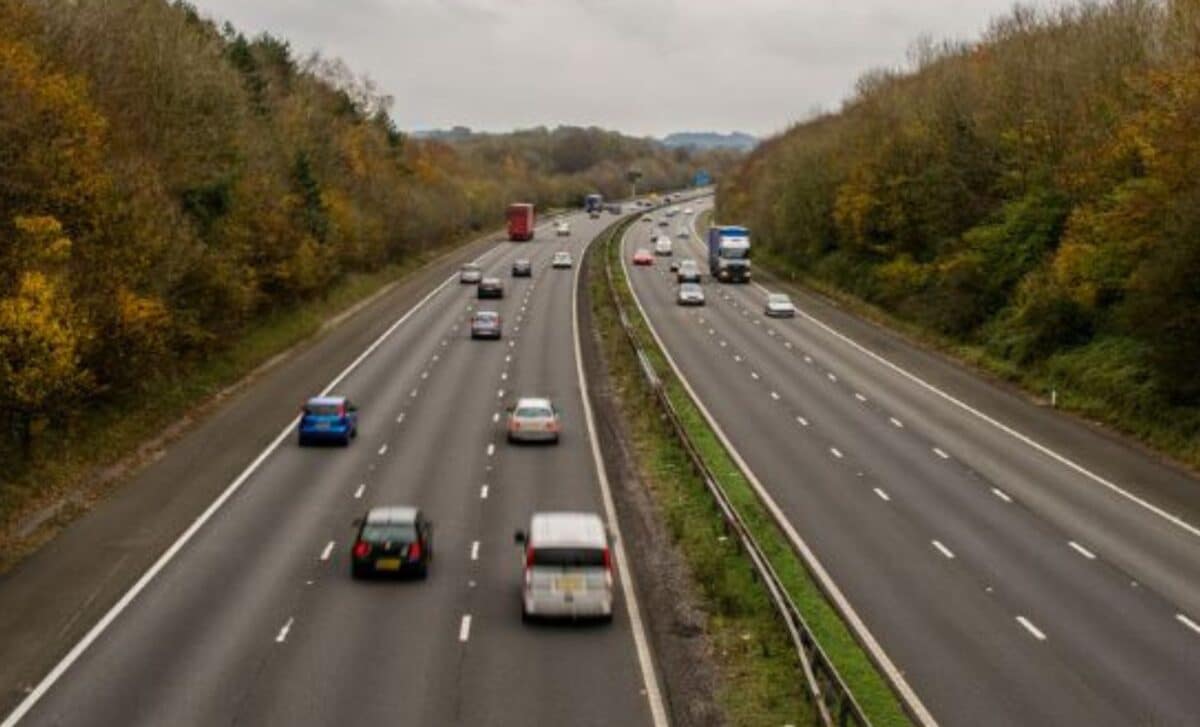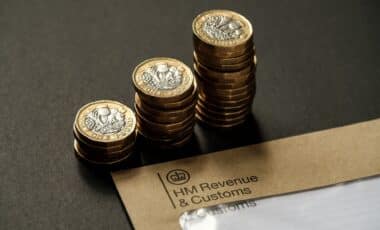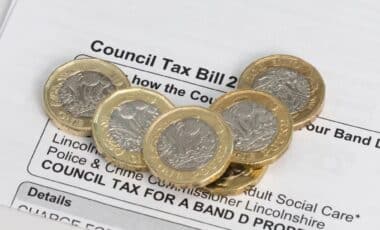From April 1, UK drivers are facing notable changes in road tax. The DVLA car tax has seen a sharp increase for new petrol, diesel, and electric vehicles (EVs). According to Devon Live, these changes stem from the 2024 Autumn Budget and are aimed at addressing inflation while integrating EVs into the tax system.
First-year Vehicle Excise Duty (VED) rates are doubling for most new cars, bringing unexpected costs for many buyers. These changes mark a significant shift in the landscape of car ownership and taxation, especially for those opting for electric vehicles.
A Sharp Rise in First-Year Road Tax for Many Cars
The new DVLA car tax rates have already begun to affect drivers, particularly new car buyers. For most petrol and diesel vehicles emitting more than 76 grams of CO2 per kilometre, the cost of the first-year road tax will now be double compared to previous rates.
For example, vehicles emitting between 171-190 grams of CO2 will now see a tax increase from £1,095 to £2,190. The most significant hikes are seen in the highest emission bands, where cars emitting more than 256 grams of CO2 will see their first-year tax jump from £2,745 to £5,490.
The tax increases for vehicles with lower emissions have also been severe, with ultra-low emission vehicles (1-50 grams CO2) facing an astonishing 1,000% increase, rising from £10 to £110 in the first year.
Surprising Tax Increases for Low-Emission Cars
Low-emission vehicles, which were once considered tax-efficient, will also face an unexpected rise in taxes. Cars in the 1-50 grams CO2 category, classified as ultra-low emission vehicles, will experience an astonishing 1,000% increase, from £10 to £110 in the first year.
For the first time, all new DVLA car tax will apply to electric vehicles, with a first-year fee of £10. Additionally, any EV priced over £40,000 will be subject to the expensive car supplement from the second year of registration, adding £425 annually for the following five years. This marks a significant shift, as EVs were previously exempt from road tax.
Cost Implications for EV Owners
Along with the new DVLA car tax changes, EV owners are facing additional cost pressures due to rising energy prices. The updated energy price cap, effective from April 1, will raise the cost to charge an EV at home.
For a typical 60kWh battery, the cost to fully charge will rise from £14.91 to £16.21. This is expected to contribute to a £22.3 million monthly increase in total home charging costs for the UK’s 1.2 million EV drivers.
According to calculations by Carmoola, a digital car finance lender, overall costs for EV owners—combining the new car tax and higher charging costs—will total around £54.5 million per month from April 1, putting further financial strain on electric vehicle users.
Aidan Rushby, founder and CEO of Carmoola, explained :
Ofgem’s price cap adjustments impact households across the UK and while the warmer months may ease the burden of heating and lighting costs, rising energy prices continue to drive up monthly bills for electric vehicle (EV) owners. With a 6.4% increase in the next price cap and the Spring Statement confirming the end of car tax exemptions for EVs from April 2025, the financial pressures are mounting.
He also emphasised how rising costs could affect EV adoption:
Our recent survey revealed that nearly a third of Brits would avoid switching to an EV due to rising energy costs — a figure that’s likely to rise following these latest announcements. As we move closer to the 2030 ban on new petrol and diesel car sales and more EVs take to the roads, affordability will be a key concern for drivers. To help manage costs, we recommend EV owners charge at home where possible and check if their energy provider offers off-peak tariffs, which can significantly cut down charging expenses.
With nearly a third of Britons saying they would avoid EVs due to the high costs of energy and taxes, affordability is becoming a central issue for many potential car buyers.









